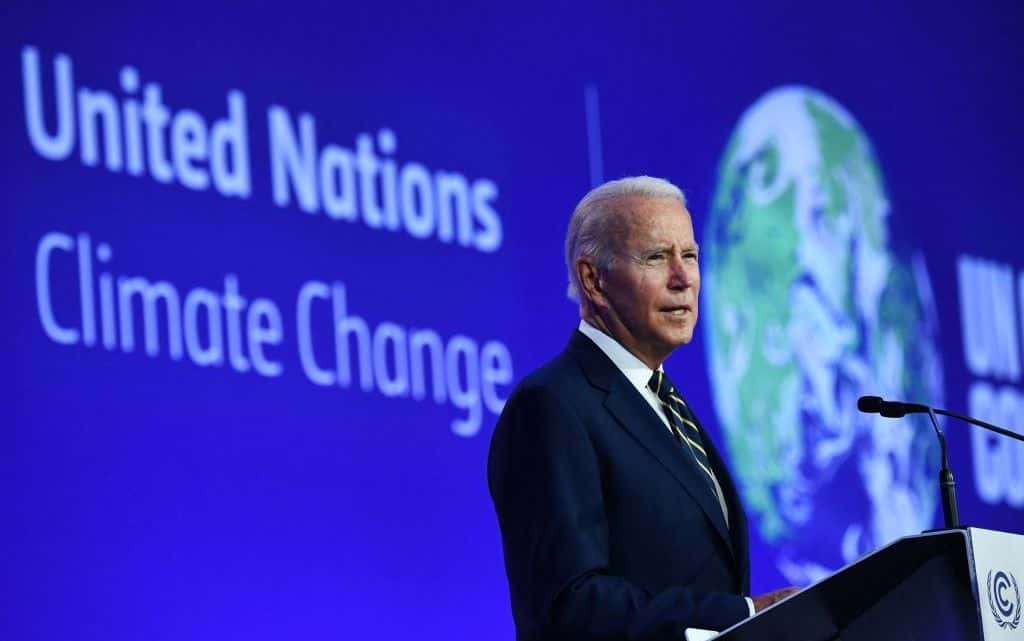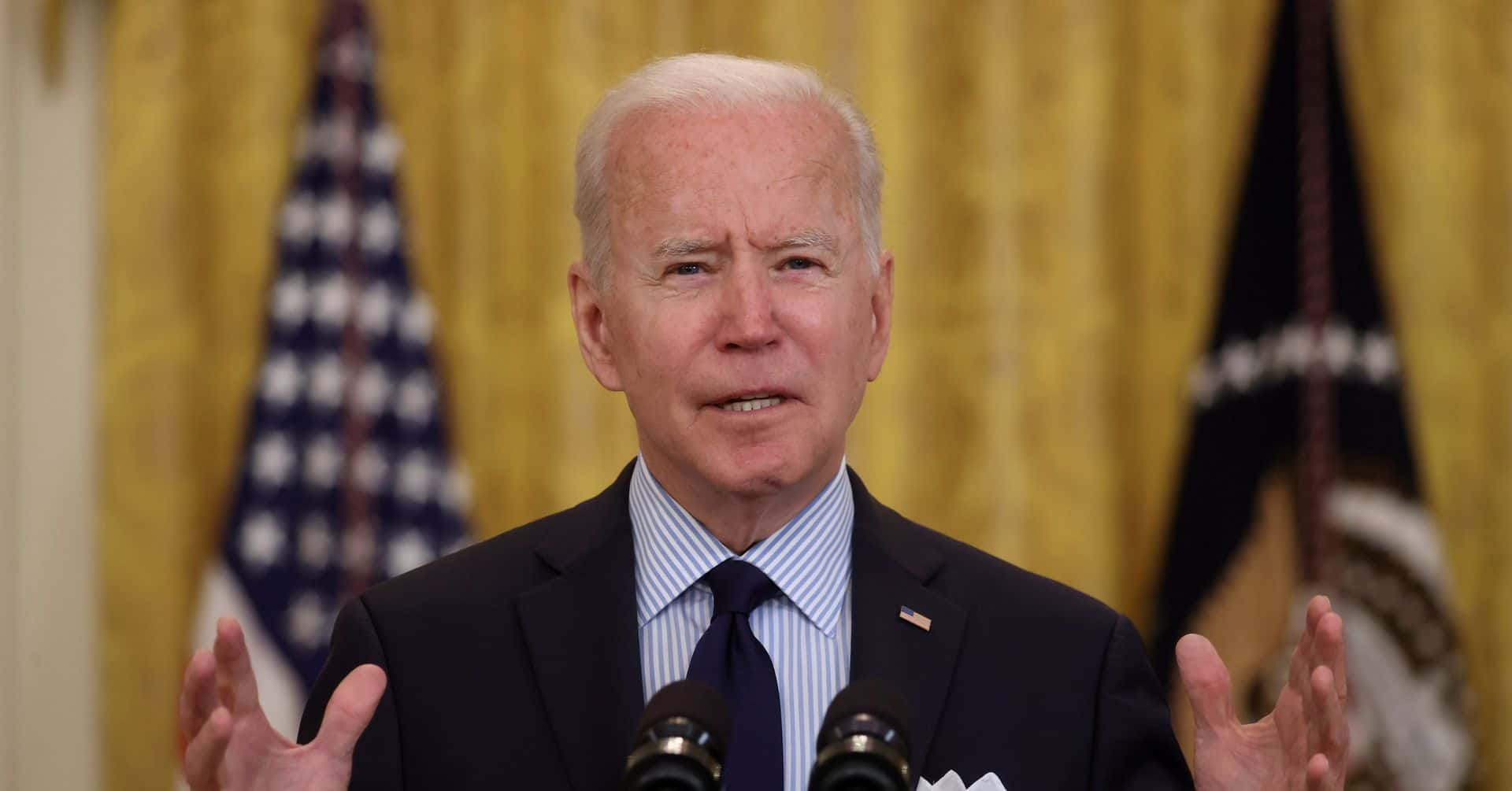This program, called the Green and Resilient Retrofit Program (GRRP), is part of the administration’s commitment to address climate change while also alleviating energy burdens on vulnerable communities.

The Biden Administration has announced a new initiative aimed at investing $830 million in enhancing energy efficiency in low-income housing
The U.S. Department of Housing and Urban Development (HUD) will lead the plan, which seeks to improve the living conditions of low-income households by reducing energy costs, increasing comfort, and mitigating the environmental impact of housing.
To ensure the effective use of the funds, the Biden Administration plans to collaborate closely with state and local agencies, community organizations, and private sector entities. By fostering partnerships and sharing best practices, the initiative aims to maximize investments and drive innovation in the energy sector. The administration expects that the increased demand for energy efficiency projects will not only create jobs but also stimulate economic growth in the construction, engineering, and renewable energy sectors. This investment of $830 million will address immediate energy concerns while contributing to long-term economic development.
Recognizing the disproportionate impact of environmental challenges on low-income communities, the administration aims to rectify the disparities in energy accessibility and affordability. By improving energy efficiency and reducing utility bills, low-income families will have more resources available for education, healthier food options, and healthcare.
These upgrades will create more sustainable living environments and lower per-person greenhouse gas emissions
The Biden Administration’s commitment to combating climate change and promoting clean energy initiatives has also presented opportunities for startups in the green energy sector. Companies like Qnetic, with their innovative batteries and green technology, have attracted significant investments from retail investors.
Moreover, startups like Airthium are focusing on addressing climate change by developing industrial engines that utilize solar panels, batteries, and wind turbines to meet the energy requirements of modern manufacturing. These initiatives aim to reduce reliance on carbon-emitting sources and promote a more sustainable future.
READ ALSO: Depending On How The Debt Ceiling Is Resolved, Social Security Payouts Might End In July




